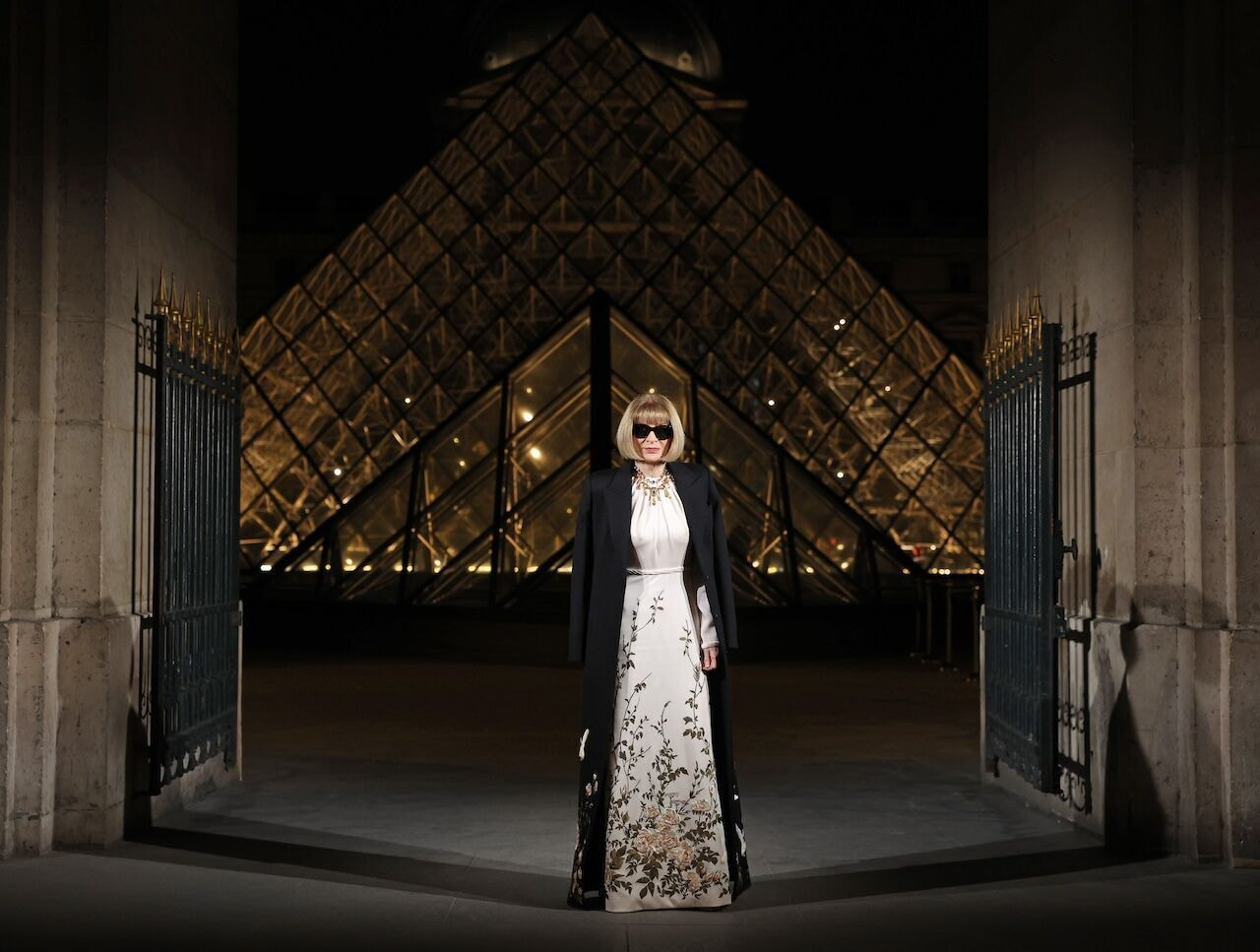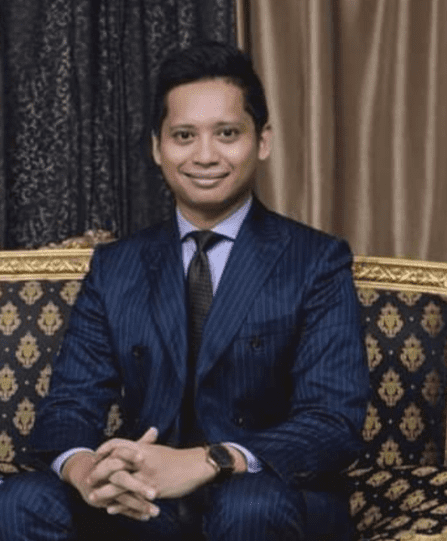01.07.2025
GC Editor-in-Chief Speaks: Fashion media leadership after Anna Wintour
As Anna Wintour steps down from Vogue US, GC Editor-in-Chief reflects on her cultural legacy and explores how digital platforms can embrace authenticity, elevate editorial leadership, and build meaningful reader engagement for a new era of lifestyle platform.

Words: Raja Izz
Anna Wintour attends the “Le Grand Diner du Louvre” Passage Richelieu Photocall at Musee du Louvre on March 04, 2025 in Paris, France.
(Photo by Pascal Le Segretain/Getty Images)
There's something profoundly moving about watching an era end.
When Anna Wintour announced her departure as the Editor-in-Chief from Vogue US after 37 years, I found myself sitting in my study at 11PM, staring at the news with a mix of reverence and uncertainty.
Not because I didn't see it coming. All empires - from Rome, Constantinople, to Moscow - must eventually transition. Her exit forces those of us in editorial to confront an uncomfortable truth: the old ways of wielding cultural influence are dissolving, and we're still figuring out what comes next.
I'll be honest with you. There are nights when I wonder if what we're building at GC matters. In a world where anyone with a smartphone can become an influencer, where authenticity is performed rather than lived, where the very notion of "gentleman" feels antiquated to some, do we still need curated voices? Do we still need editors who believe in the power of thoughtful discourse?
Wintour's legacy suggests we do, but with a crucial evolution.


